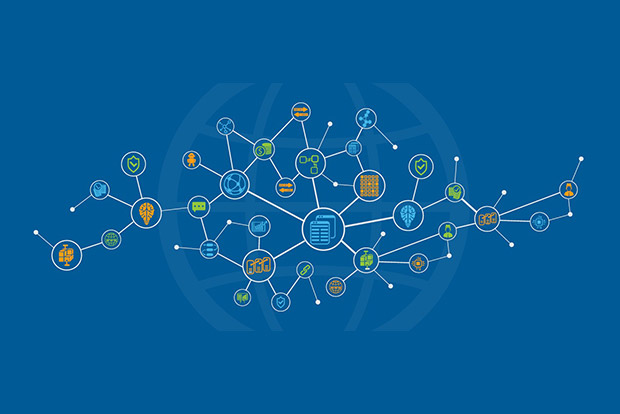Using blockchain for a social impact
The quick-connectivity and the inherent transparency of blockchain makes it an ideal platform for humanitarian aid.

Last week, we read how blockchain technology has gained currency in routing humanitarian aid instantly for the war-torn Ukrainians.
The quick-connectivity and the inherent transparency of blockchain makes it an ideal platform for humanitarian aid. In moments of crisis, it underscores the importance of seamless integration between the social networks that we use daily, and the financial infrastructure that has been historically siloed from those social networks. The Web 3.0 community rises to the occasion and the results would set a precedent for the future. Wars or otherwise.
Now, you will see some real world examples showing how this technology will translate the value impact of blockchain and crypto. For instance, in India, the Akshay Patra Foundation through the technology intervention of Accenture, is providing mid-day meals to millions of school kids by combining Blockchain with AI and IoT.
Another major impact can be seen in Philippines too. Poorer communities in the developing world bear the brunt of plastic pollution. A new digital payment system in Philippines has now sparked a clean-up revolution. An initiative by the Bounties Network, Coin.ph, and ConsenSys to incentivise individuals to clean up a polluted shoreline in exchange for digital payments. One more initiative in Bali called - The Plastic Exchange, is a sustainability movement empowering communities to change their waste behaviour through dignity-based exchange systems that result in cleaner, healthier environments
An innovative use of the technology shines bright with ‘Digital Arts for Social Impact’ (DASI). Many poor families rely heavily on begging to feed their families. The DASI initiative aims an alternative way, that will allow them to learn, develop and support themselves and their children in the future. The initiative is an innovative collection of NFTs minted on the blockchain collaborating with artists around the world. Proceeds of the sale of these NFT’s go towards the future education of these underprivileged children and improve the living conditions of kids in the rural communities globally. The mission started in Cambodia is now moving rapidly to India, Thailand, Brazil, Nigeria and several countries.
The Ofoma Project is another project connecting the artisan community globally by leveraging blockchain. This serves as a driver behind creating a decentralised ecosystem that offers incentives, a crypto wallet, a marketplace, NFTs, and a humanitarian coalition. It leverages a utility token designed and built to drive social impact through an ecosystem that promotes marginalised artists and artisans across the globe to scale beyond their local economy for developing regions such as Africa, India, Bangladesh and more through a social impact ecosystem that includes the world’s first blockchain integrated multi-vendor artisanal marketplace, NFT factory and Metaverse. In addition, contributing towards the sustainable development goals that includes poverty alleviation for people and communities we are engaged with.
At the macro-level, blockchain is being used creatively in projects globally to build economies for the unbanked and unregistered, incorporate transparency into supply chains, facilitate effective philanthropy, establish tamper-proof records, promote decentralised governance, create peer-to-peer markets, provide self-sovereign identity, and more. Moving from profit to benefit is what technology is teaching us. Embrace it.
Visit news.dtnext.in to explore our interactive epaper!
Download the DT Next app for more exciting features!
Click here for iOS
Click here for Android



